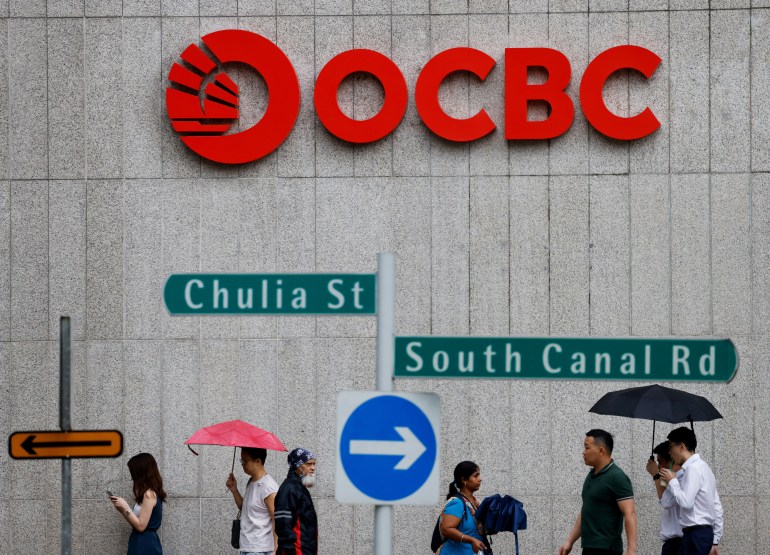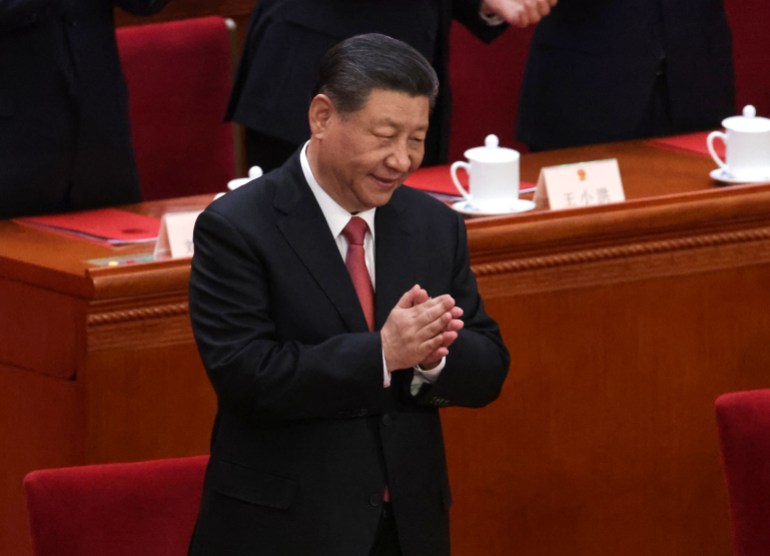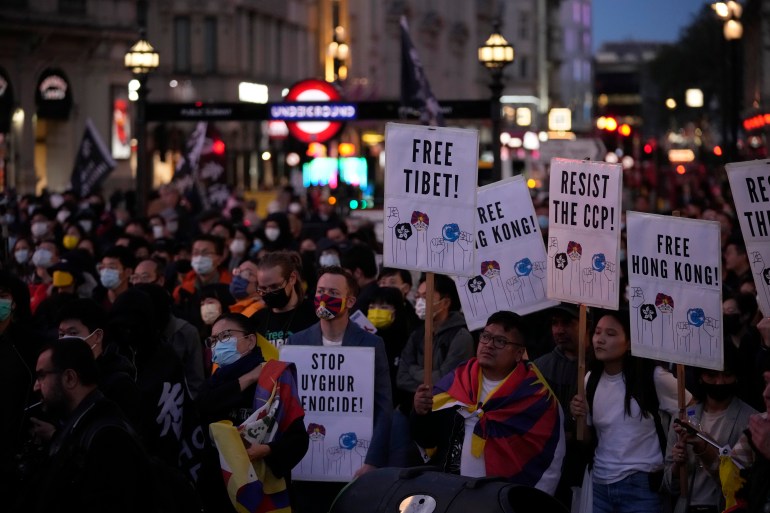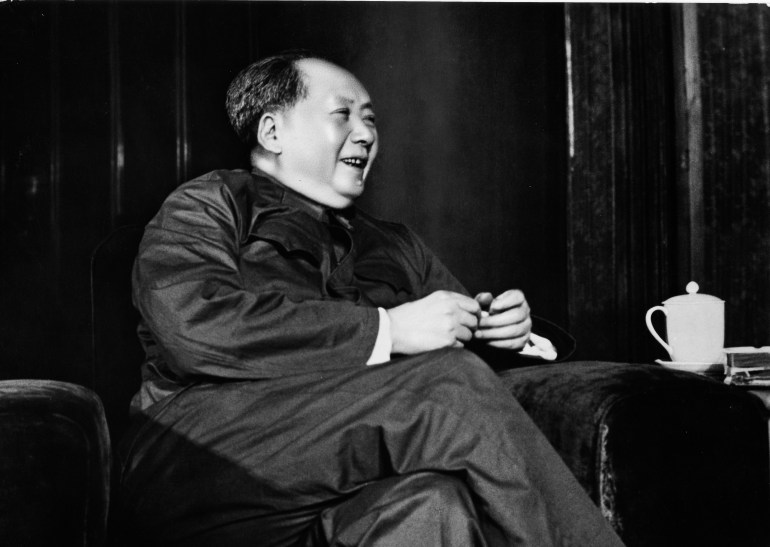Table of Contents
In late February, 59-year-old Phillip Chan Man Ping became the first person in Singapore to be officially designated a “politically significant person”.
The city-state’s authorities had already announced that Chan had “shown susceptibility to being influenced by foreign actors, and willingness to advance their interests” and that Chan’s activities “were directed towards a political end in Singapore” making it in the public interest for “countermeasures” to be taken.
For Chan, the designation means he is required to disclose any received political donations above a certain amount as well as inform the authorities of any foreign affiliations. He can appeal to the home minister against the designation.
Until he was designated, Chan was in many ways the embodiment of a Singaporean success story.
Originally from Hong Kong, he had spent more than 30 years in the Southeast Asian city-state becoming a wealthy businessman, taking Singaporean citizenship and emerging as a leading voice for the strengthening of ties not only between his native Hong Kong and Singapore, but also between Singapore and China.
Singapore is the only majority ethnic Chinese country in Southeast Asia – the result of migration from southern China in the 19th and 20th centuries – and as a strategically important city-state it has maintained strong ties with its neighbours, at the same time as it has deepened cooperation with Beijing, its largest trading partner.
While Singaporean authorities did not specify which “foreign actors” were involved in Chan’s case, Assistant Professor Dylan Loh from Nanyang Technological University’s public policy and global affairs division told Al Jazeera there was little doubt from Chan’s activities and comments that he was coordinating with actors of the Chinese Communist Party (CCP).
Chan encouraged ethnic Chinese from across the world to unite, and with the help of Chinese officials, to work together to spread positive messages about communist-ruled China.

After mass protests in Hong Kong in 2019, Chan facilitated a gathering during which participants chanted: “Support Hong Kong police, protect Hong Kong, justice will win.” Singapore has strict rules on public gatherings and he was given a police warning, according to the Straits Times newspaper.
In 2023, Chan attended Beijing’s annual session of the Chinese People’s Political Consultative Conference in and said that “we should put more effort in mobilising righteous individuals overseas” and “expose the hypocrisy of fake news from the West”.
Like Chinese President Xi Jinping, Chan has also often emphasised the importance of “telling China’s story well”.
Loh sees that focus as “akin to a call to action”.
“And along with some of his other activities he does cross a line as a Singaporean national in his advocacy for the interests of another country,” he said.
Xi homes in on ethnic Chinese
In Loh’s view, Chan’s engagement in grassroots committees as well as his high standing in the city-state probably triggered concern that he might use his position to influence Singaporean society.
“As he openly called on overseas Chinese to tell China’s story well, he also attempted to blur the distinction between Chinese nationals and non-China nationals of Chinese descent,” Loh said.
“And I think that most countries will find it unacceptable to have its own citizens working for a foreign actor to exert influence that might work against the interests of your country.”
Beijing often states that there are about 60 million people of Chinese origin living abroad in nearly 200 countries and regions, presumably excluding those living in Hong Kong, Macau and Taiwan, the self-ruled island that the CCP claims as its own. People of Chinese ethnicity can trace their roots back centuries in countries like Malaysia, where they make up some 23 percent of the population, and Thailand and Indonesia.
In the telling of China’s story, Xi has recently highlighted the role that “Chinese sons and daughters at home and abroad” must play in “uniting all Chinese people to achieve the great rejuvenation of the Chinese nation”.

According to Associate Professor Ian Chong Ja, who teaches Chinese foreign policy at the National University of Singapore, Xi’s language suggests that the CCP sees ethnic Chinese across the world as a vehicle to mobilise support and advance Beijing’s interests, even if those people are not nationals of China and have no allegiance to the country.
That has created a dangerous situation for some people, according to analysts.
“The Chinese diaspora is very diverse and reactions to the CCP’s mission abroad have been quite mixed across different Chinese communities,” Chong told Al Jazeera.
“While some people have become willing participants, others have become targets.”
Opposing Xi’s narrative
Kenny Chiu, once a member of the Canadian parliament, is one of those who has been targeted.
Born in Hong Kong, like Chan, Chiu emigrated to Canada as a teenager and was elected to parliament for the Conservative Party in 2019. In the election two years later, he reportedly became the target of a Chinese disinformation and interference campaign and subsequently lost his parliamentary seat.
Chiu has spoken out about Beijing’s involvement in Hong Kong, and foreign interference in Canada.
He told Al Jazeera that Xi Jinping’s call for ethnic Chinese across the world to join the rejuvenation of the Chinese nation was “insane”.
“Imagine if the UK suddenly demanded that everyone with an English last name had to swear allegiance to the English crown,” he said.
Chinese beyond China have often broadly been called huaqiaohuaren by the CCP with huaqiao referring to Chinese citizens living abroad and huaren referring to ethnic Chinese with foreign nationalities.

Xi has spoken about both groups as “members of the great Chinese family” who would “never forget their homeland China” and “never deny the blood of the Chinese nation in their bodies”.
According to Chong, this indicates that Beijing defines membership of the Chinese nation less in legal terms and more in ethnic and racial terms.
“In many parts of the world, the rule has been to see people and their loyalties in terms of the values that they ascribe to, but Xi’s approach is to say that more important than that is your blood and the soil that your ancestors came from,” Chong said.
Chiu is convinced that for many ethnic Chinese, attempts to activate such a sense of cross-border Chinese nationalism are ridiculous.
“I am ethnically and culturally Chinese, but I have not lived a single day under the control of today’s China,” he said.
Wedding celebrant Mimi Lee from Toronto also grew up in Hong Kong at a time when Beijing’s outreach to Chinese outside mainland China was different and Chinese influence over the city-state was weaker.
“Growing up, I didn’t feel any particular attachment or detachment towards China,” she told Al Jazeera.
Today she considers herself a Canadian-Hongkonger.
“My own Chinese narrative and the Chinese things I have taught my son have nothing to do with the CCP,” she said.
Old story for new times
While Xi’s attempts to frame all ethnically Chinese people as belonging to the Chinese nation may seem outlandish, Chong notes it is nothing new.
Both the Qing dynasty and the nationalist government of the Kuomintang (KMT) saw all Chinese people, regardless of their location, as Chinese subjects and nationals.

Before becoming the first head of the Republic of China, Sun Yat-sen even appealed to ethnic Chinese abroad to help him gather funds and support for the overthrow of the Qing dynasty while spending time among Chinese communities in Southeast Asia in the early years of the 20th century. Later, during the Civil War, the nationalists and the communists both competed for these communities’ support and favour.
After securing victory, the communists under Mao Zedong initially encouraged ethnic Chinese to acquire citizenship in their host country and settle there. Later, in the 1960s, the CCP looked to them as a conduit for exporting a communist revolution, especially in neighbouring countries where Chinese diaspora communities had been firmly established for generations.
“This created a degree of friction and sometimes animosity between ethnic Chinese and China on one side and local governments on the other,” Chong explained.
In some cases, that friction spilled over into violence.
In 1965, thousands of Indonesian Chinese were killed in anti-communist purges following an alleged failed coup that the government blamed on local communists. For decades afterwards, the government forced them to change their names and banned celebrations of the Lunar New Year.
In Malaysia, meanwhile, some 200 people were killed in racial riots in the capital Kuala Lumpur in 1969 following a hard-fought election. The riots led to a state of emergency and the introduction of race-based policies favouring the majority Malays. A report into what happened remains an official secret.
With the death of Mao Zedong and the rise of a new economic openness under Deng Xiaoping, the CCP again changed its tune – encouraging Chinese outside China to invest and promote business ties.
Now, under Xi, Beijing appears to have returned to the narrative of the pre-communist era, according to Chong.
“The difference today lies in the ease with which you can move money around and spread ideas through the expanded media landscape versus standing on a street corner passing out pamphlets,” Chong said.
In recent years, Beijing’s outreach to the Chinese diaspora has been channelled through local trade guilds, student groups, friendship associations and new organisations, often under the umbrella of the party’s United Work Front.
While killings and crackdowns may have disappeared into history, many Chinese communities, particularly in Southeast Asia, continue to face suspicion.
Beijing’s recent rhetoric and actions will not have helped.
“Beijing’s attempts to play on diasporic nationalism complicates the efforts of ethnic Chinese to integrate,” Chong said, noting that it could even stir renewed suspicion and animosity towards Chinese minorities.
“Whether intended or not, there would be a risk of that.”

